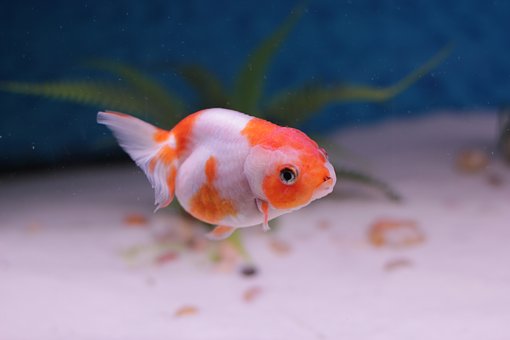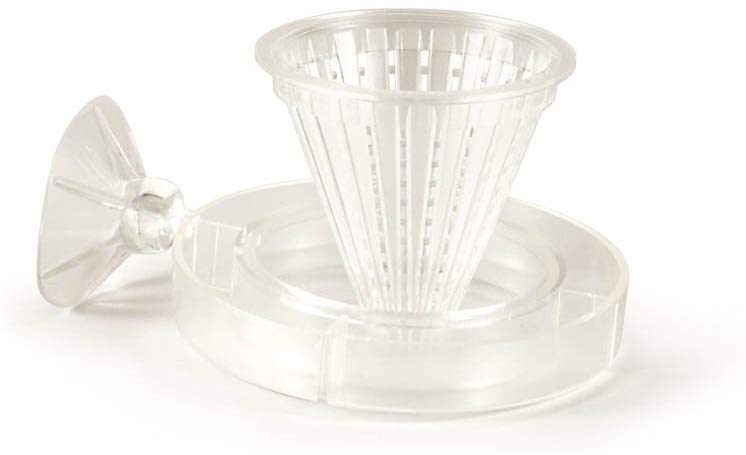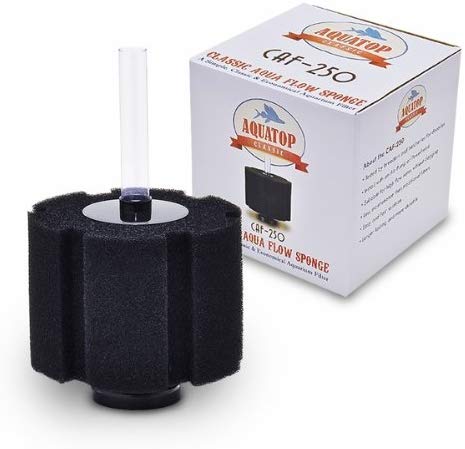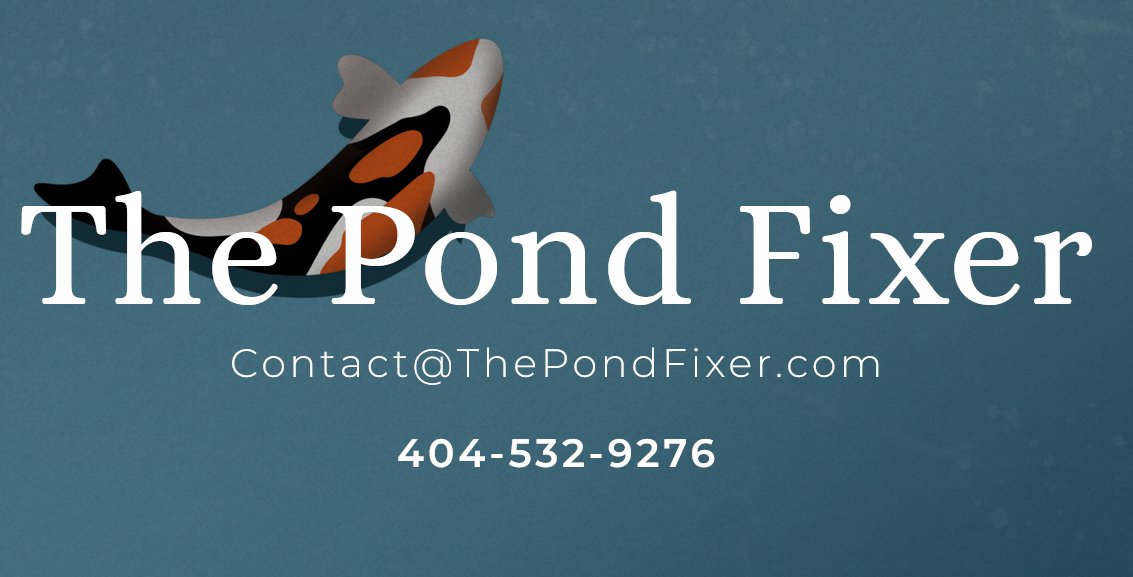Feeding Goldfish Made Simple
Feeding Goldfish is not as easy as some people might think but we can make it simpler. For decades, they have been classified by some folks as ‘herbivores’. Therefore, their foods have been made with low protein levels and bland carbohydrate sources. I have not enjoyed very good success with these foods. Examples are the conventional “Goldfish Flakes” – In recent years, they upgraded to the recognition that they are at least ‘ominivores‘ and started getting feeds made with more protein but still, folks swore up-and-down that without plant protein in abundance, the goldfish will fail.

Today, top breeders know that the food we give to the highly selected Asian carps can be fortified with up to 34% protein and excellent results will be had, even in the total *absence* of fresh greenery in the diet.
In any food, the proteins should be balanced with each other in terms of Amino Acid profile, and the best way to accomplish this is to employ two, unrelated animal proteins in the top three ingredients.
Such as an ideal mix like, White Fish Meal, Shrimp Meal, Wheat Germ Meal.
I really like Hikari Lion Head for all of my goldfish (Lionhead, Ranchu or NOT) because it’s rich in high quality protein AND it keeps the fish off the surface, and eating a fattening, negatively buoyant pellet.
Note on Goldfish Staple Foods:
Vary the Diet… That means, switch foods alot, and offer more than one type, if the fish can be persuaded to take greens (green peas frozen then thawed but uncooked), great!

If they like Brineshrimp, try related foods like Bloodworms or finely ground squid, etc. See notes on Basket Feeders, below.
If they thrive on Pellets or Flake foods, I still recommend you try them on Brine Shrimp about twice or three times per week, for fresh protein. Feeding old food, that which is over 90 days, can be a cause for dietary vitamin deficiencies.
Basket feeders are simply little baskets that suction-cup to the side of the tank, at the surface to hold various delicacies you might offer the fish, best suited to brine shrimp and blood worm feedings, these baskets keep the food where the fish can find it, and they eat it a piece at a time through the mesh. This is a great way to feed these foods, without polluting the tanks with the stray fly-away stuff they miss behind rocks and ornaments.

Considerable attention is paid to the serious (and heart breaking) condition of “Flip-Over” disease. Some wager that floating pellets can pre-dispose to this. I am not totally sure that this is so. I fed a sinking pellet to the Orandas & Ranchus and still got flipovers, especially among the Ryukins.
Other factors contribute to the Swim Bladder condition, and I am unsure whether the food type (floating or sinking) makes any difference. More recently, we have determined that Nitrate accumulations can contribute to vasodilation of the air bladder, and ileus in the intestines, both of which can seriously disrupt normal bouyancy.
A word on Freshwater Vitamin Supplements. These are sold by the most mal-informed of manufacturers and dealers. If you have someone advising you to buy Vitamin mixtures *for addition to the water* in freshwater systems, you should be seeking advice elsewhere. For starters, freshwater fish do *not* drink their water. Believe it or not, freshwater fish do not drink any water at all. In fact, their whole existence is based on the ability of their kidney to excrete the massive amounts of water that osmose into their gills and to a limitted extent, through their skin.
Fish do *not* absorb any vitamins except, to a limited degree, the water soluble ones, through their gills.
Vitamins (especially the water soluble ones) are quickly bound by organic molecules, removed by carbon filtration, degraded by UV sterilizers, and degraded by bacteria in the system.
Other vitamins merely breakdown due to age or exposure to light, or the water.
Since fish do not readily absorb vitamins through their gills, and they do not drink water, what is the Vitamin supplement really worth to the hobbyist? Nothing. I hate to burst your bubble, and I don’t mean to be unkind.
Feeding Goldfish Made Simple
.
.





